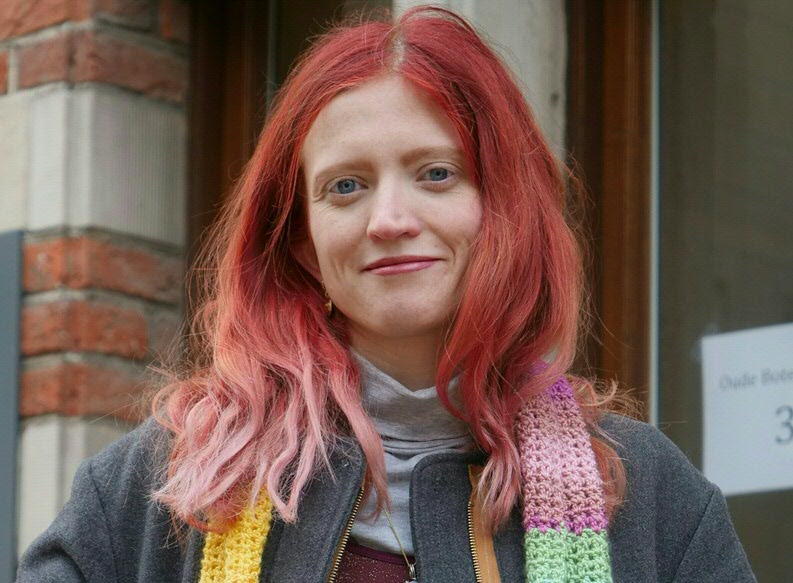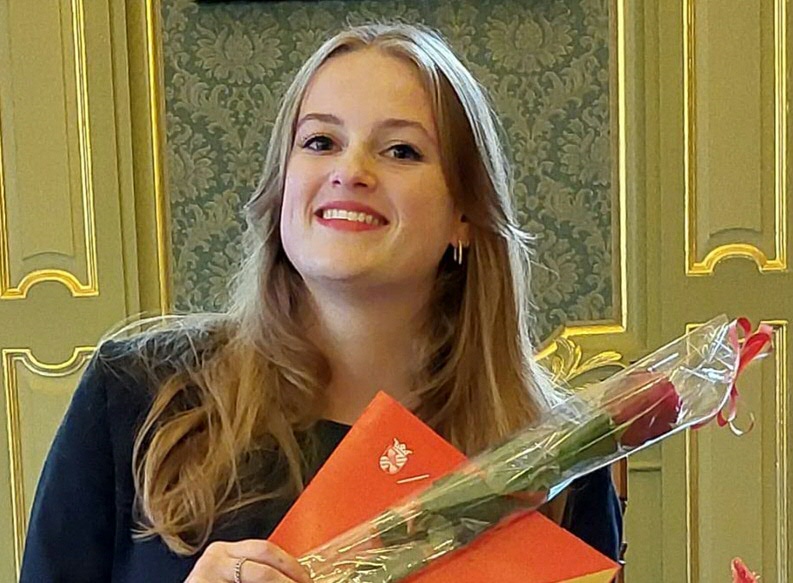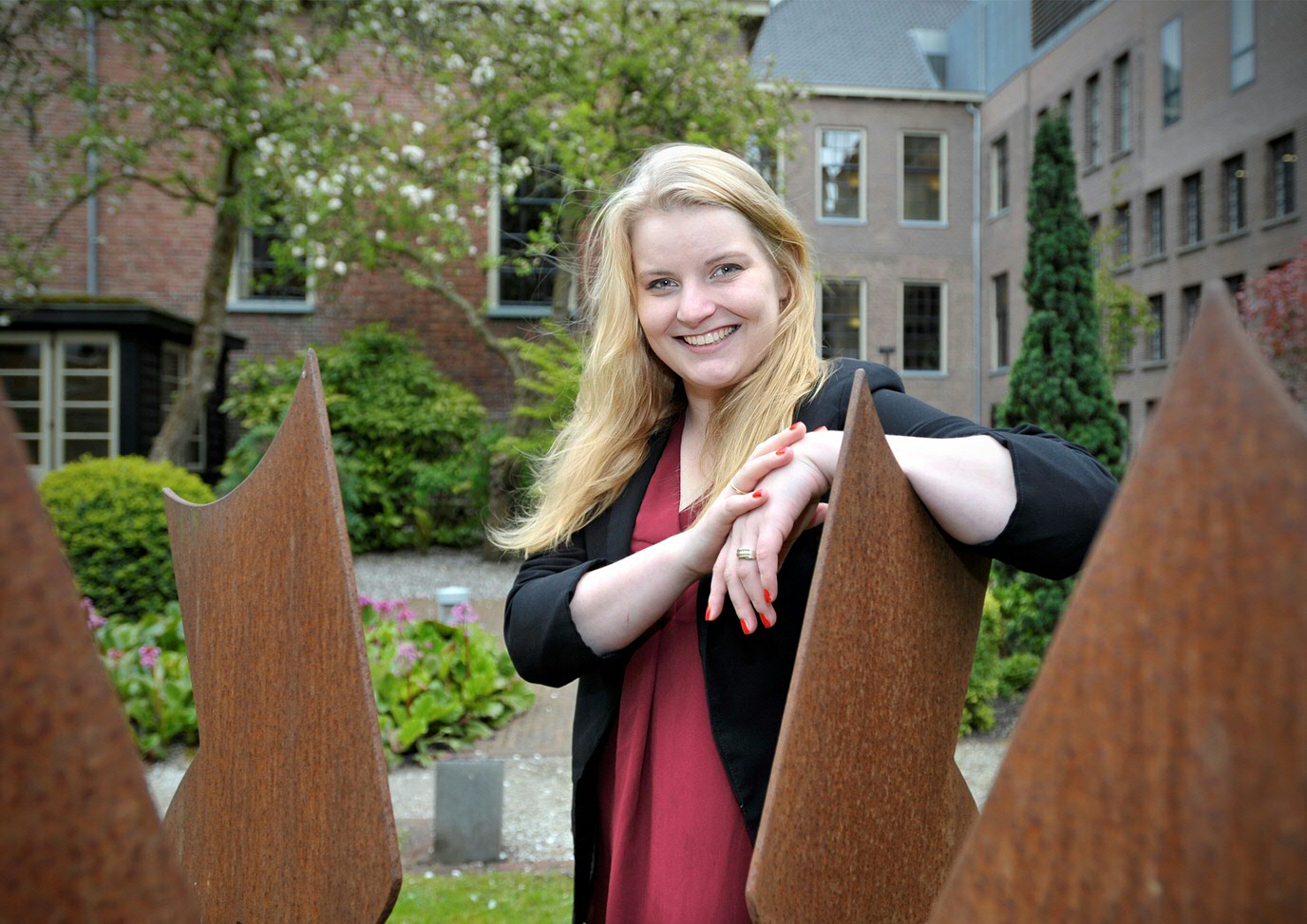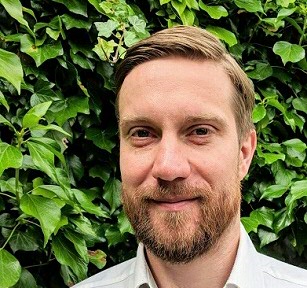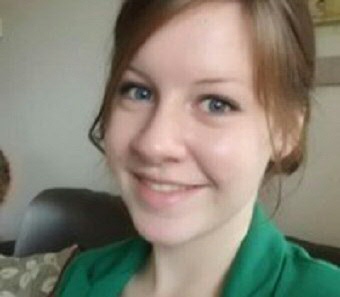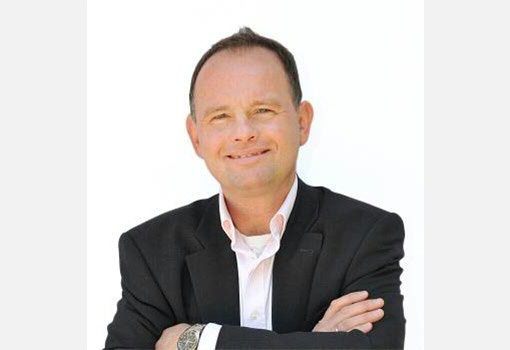toelatingseisen
vooropleiding
Bachelor's degree in Theology, Religious Studies, Arts (e.g. International Organizations, Middle Eastern Studies, Philosophy), Political Sciences or Social Sciences (e.g. Anthropology, Psychology, Sociology). Depending on your former study and courses a reading package will be provided. We assume that you are aware of the concepts and theoretical discussions outlined in this literature.
cijfergemiddelde
On average, grades for Bachelor-2 and Bachelor-3 courses should be 7.5 or higher (on a scale of 1 to 10). The quality of the bachelor's (or master's) thesis is very important.
cijferlijst
A grade list of the marks of your bachelor's degree programme with an explanation of the followed courses. The bachelor's programme must have been completed at a pace and with results that warrant the expectation of successful completion of the Research Master's programme in two years.
resumee
In English
toelatingsgesprek
After selection based on the motivation letter, the grade list and other information, an interview with the student is part of the procedure.
taaltoets
Sufficient knowledge of English: a TOEFL score of at least 100 (internet, with a minimum score for reading/listening/speaking of 25, writing 27), or a minimum score of 7.0 in IELTS (International English Language Testing System; overall; 6.5. on parts) is required. As an alternative to the above-mentioned TOEFL and IELTS scores, a comparable Cambridge Proficiency score (C1 Advanced or C2 Proficiency with a minimum score of 185) or a certificate from the University of Groningen Language Centre with a CEFR C1 or higher score will also be accepted.
Exemption granted if:
- You have a Dutch VWO certificate;
- You are a native speaker of, and have completed your full secondary level education in: the USA, Canada (only when taught in English), the UK, Ireland, Australia, or New Zealand.
- You have completed a full-time Bachelor's programme (nominal duration of at least three years) in: the USA, Canada (only when English taught), the UK, Ireland, Australia, or New Zealand.
If English was the medium of instruction during your previous education, but you do not meet any of the above mentioned requirements, you are still required to provide proof of your English language proficiency.
reference letter
Two letters of recommendation by professors who are well acquainted with your work as a student; these letters may be sent to us separately.
motivatiebrief
A letter of motivation to the admissions board, outlining your interest in the programme, including your motivation and expectations (max. 1 page), accompanied with:
- Writing sample of an academic paper, preferably your Bachelor's (or Master's) Thesis
- Proposal for a study plan


